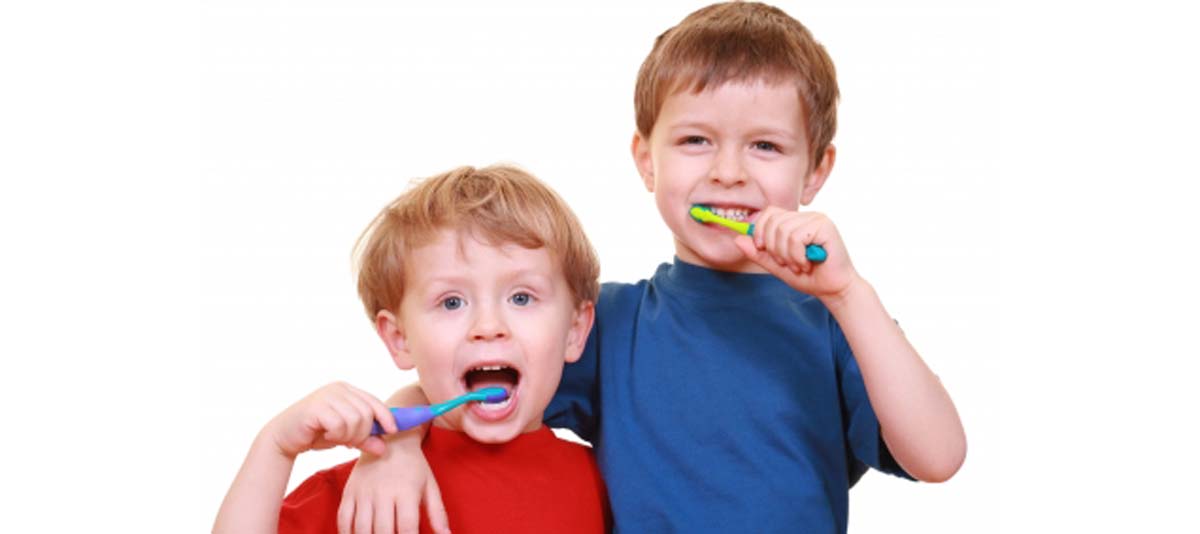Healthy teeth are a very important and vital part of a child's overall quality of life and health. From the moment a child is born, there are vital steps every parent should take to promote their child's healthy teeth. Compared to the rest of our body, teeth are often neglected, as we forget to floss and brush our teeth every day. Making sure your child brushes their teeth twice a day is certainly important, but there's more you can do, before they're baby teeth even come in.
What can you do to keep your child's teeth shiny and healthy? Let's take a look at some of the most common dental problems in kids.
What are the Most Common Dental Problems in Children?

For infants, a parent should always clean the teeth with a soft, clean cloth or baby toothbrush to remove residue from milk or food and to keep the gums healthy. Observing a few simple rules and guidelines can help any parent maintain healthy teeth in their child and help prevent more serious problems down the road later in life.
Healthy teeth and gums are essential to any child’s overall health and common dental problems can result in painful and dangerous infections, speech development delays and a poor self-image. Dental problems in children should receive clinical care by a pediatric dentist in order to avoid becoming a more serious issue later. The following is a list of common dental problems in children and what can be done to prevent or alleviate the issues:
- Thumb sucking: common and normal in infants and should cause no permanent problems if the child discontinues the behavior before the age of 5 years old.
- Tooth Decay: also known as cavities or caries, caused by diet high in sugar, carbohydrates, water without fluoridation and the age of the child. A child should have their teeth brushed twice a day, flossed after the age of 2 years old, eat a well-balanced diet and have regular dental check-ups in order to address the problem early before more serious complications develop.
- Nursing Bottle Caries: occurs when a child is allowed to fall asleep with a bottle filled with milk or juice. Most common in children between 12-24 months, breastfed infants are also at risk. Do not let the child go to bed with a bottle, wean the child in a timely fashion, use good preventative practices, provide fluoride supplementation and make sure to observe regular dental check-ups.
National Children’s Dental Health Month United States
Every February in the United States, the American Dental Association (ADA) sponsors the National Children’s Dental Health Month, in order to raise awareness about the importance of regular oral care in children. The materials and information provided by the ADA have ended up reaching and impacting countless numbers of people all over the nation and made a profound difference in making people more knowledgeable. By raising awareness of the importance of good oral hygiene in children, parents are able to form a better understanding of why it is so vital to take care of oral care in youngsters and ways to go about ensuring their child has healthy teeth and gums.
Read More: Nine Ways Oral Hygiene Helps Keep Your Body and Mouth in Connection
Overview
A parent should never put the infant to bed at night with a bottle filled with milk or juice and should always check the child’s teeth regularly for spots or stains. All children should brush with a fluoridated toothpaste, eat healthy foods, avoid overly sweet and sticky snacks and juices and consume the recommended daily allowance of calcium in order to keep teeth strong. Observing good dental hygiene practices now will ensure that a child has healthy teeth for a lifetime and can prevent many common dental problems later in life.
- www.lpch.org/DiseaseHealthInfo/HealthLibrary/growth/cdpc.html
- www.lpch.org/DiseaseHealthInfo/HealthLibrary/dental/thumb.html
- www.lpch.org/DiseaseHealthInfo/HealthLibrary/dental/bottle.html
- www.ada.org/public/events/ncdhm/index.asp#general

